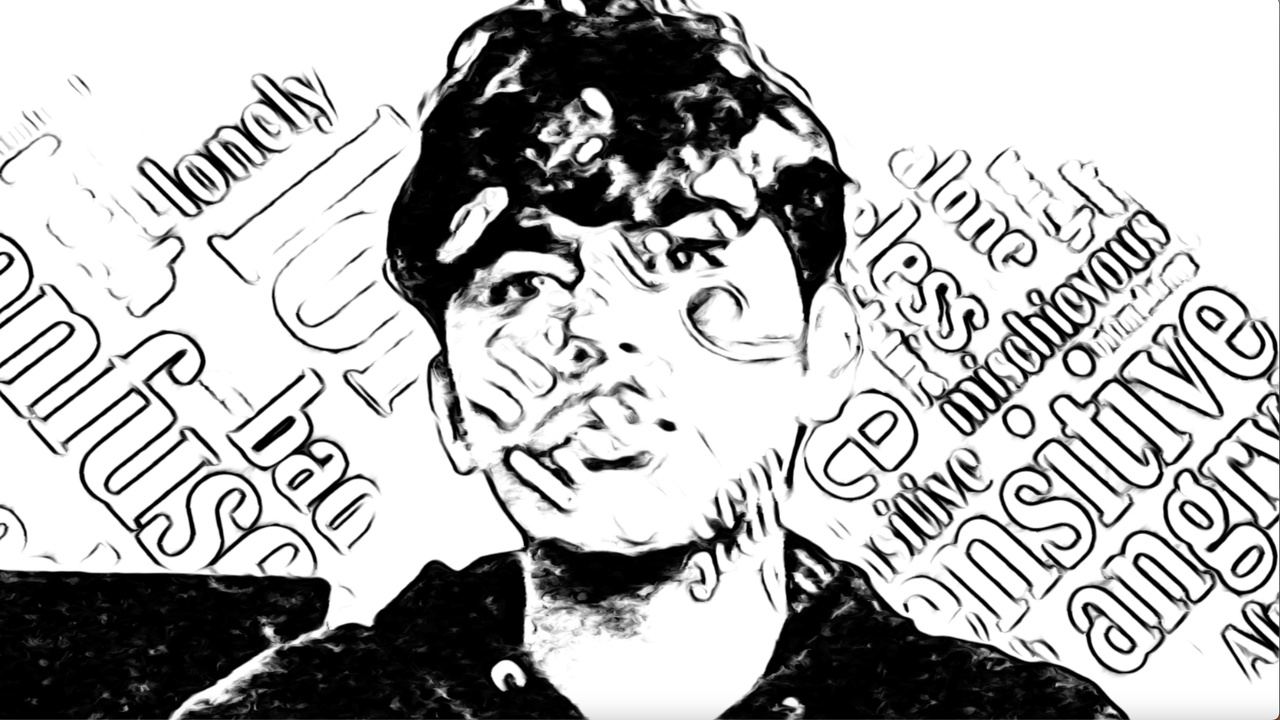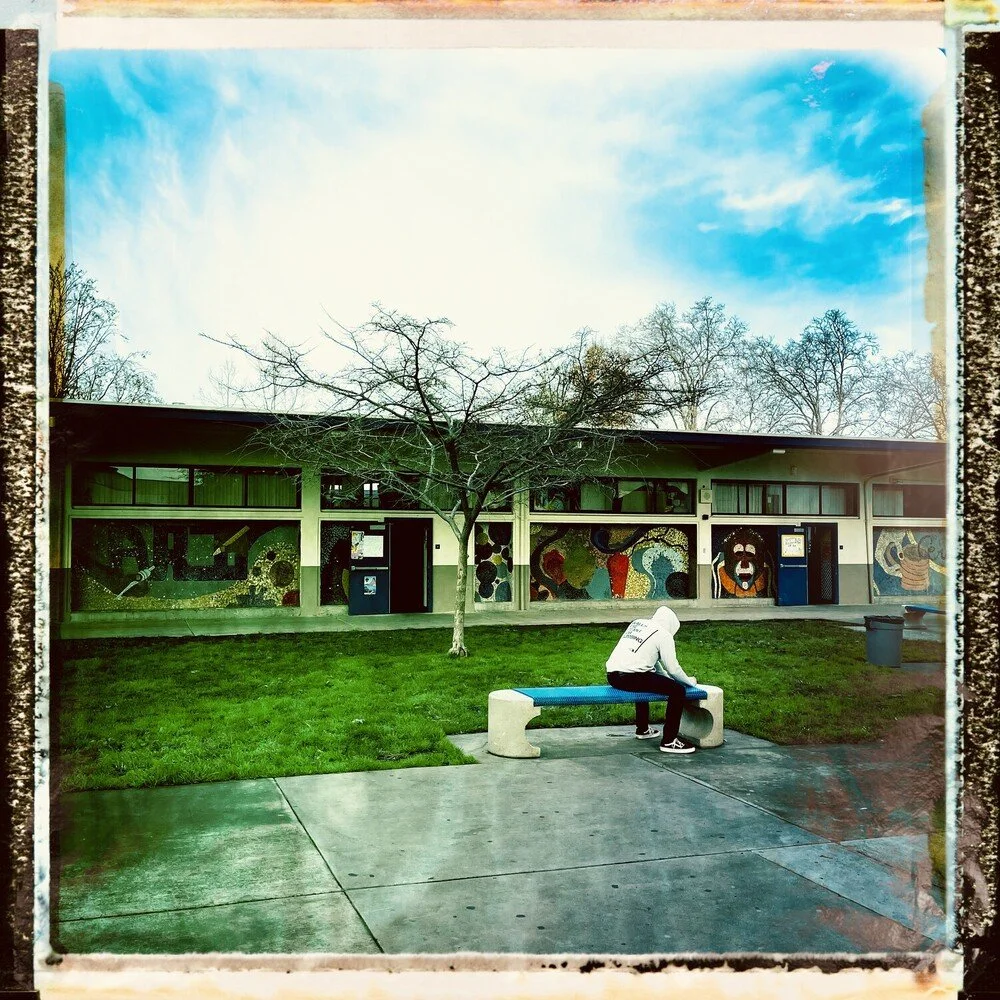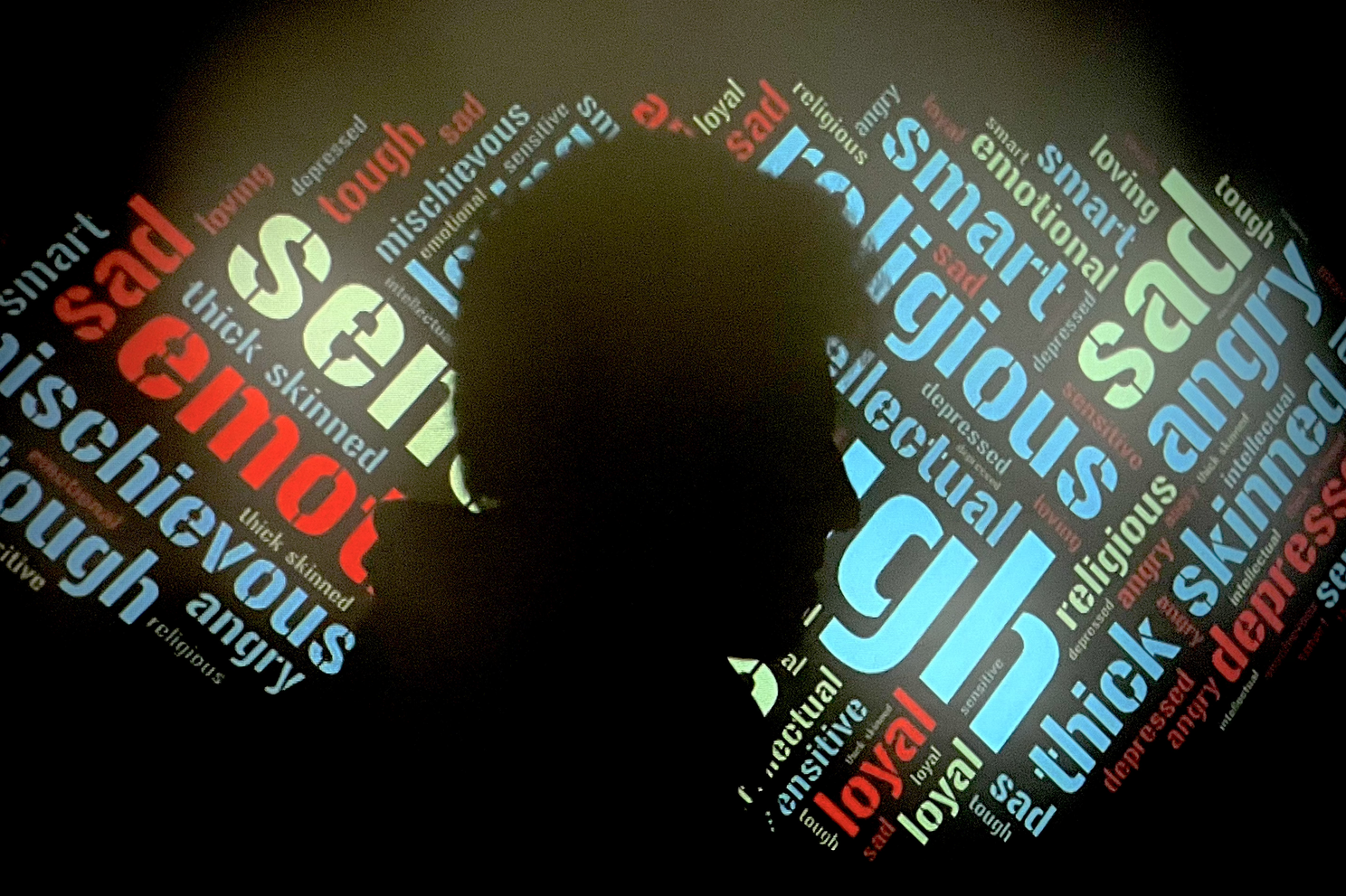Teens Have Stories to Tell: Are Adults Willing to Listen?
I am lucky to teach “Personal Narrative Storytelling” at a local public high school. The workshop series includes audio storytelling, photography and video production - pretty much my dream scenario as a teacher invested in empowering youth voices. This particular gig is a double blessing because I get to co-teach the class with a dear friend, Jackie Cohen (a seasoned educator and fellow adoptive mama), as part of her “Latino Literature” class. Each week, our students have a chance to interrogate themselves, to think deeply about the world and their place in it. From my perspective, it is sacred work.
In our classroom, I notice smart, sensitive kids desperate to express themselves. They are eager to be seen and heard after too many years of isolation and disconnection caused by pandemic schooling.
My 16-year old son is the same age as the students we teach; he's in a parallel developmental stage and holds similar world views, in many ways. The difference is that while my own child is guarded with me, our students grant me access to their inner lives through their creative work. They share their ideas and emotions openly and honestly. When I pay attention, our students teach me to be a more compassionate educator and a better mother to my own children.
In a poem about her relationship with her parents, one student writes:
I am my parent’s greatest joy
a joy so big
eating me alive
Her words push me toward understanding how my own children might experience my unbounded mama love. My (parenting) heart cracks open a bit, thanks to her poetry.
I am filled with tenderness and gratitude toward our students. I am honored to witness their deepest hopes and fears. This week, we met one-on-one in an empty classroom to audio record their "I Am" poems, away from the overlapping din of laughter and the listening ears of their classmates.
“How are you?” I ask each student as they enter the room.
“Nervous. Scared. Ready,” they respond.
“Don’t rush. Don’t mumble. Breathe,” I encourage.
Their words tumble out too quickly, attempting to gloss over the truth spilling from their lips. They speak about their family’s pain and struggles, their own harsh self-judgement. They worry about disappointing immigrant parents who have sacrificed so much. I breathe deeply beside them, hoping they’ll match my rhythm. Their eyes catch mine, we take a breath together. They start again.
They paint pictures with their words, filled with sense memories of music and food of their childhood homes. They are proud of their traditions, grounded in their cultura and the imperfect love of their families.
Our students produce audio stories about “10 Things that Scare Me”, based on a WYNC Public Radio podcast of the same name. They approach this challenging project with seriousness and a willingness to be vulnerable in front of their peers. During a recent editing session, a student was focused, intense, his fingers flying over the keyboard as he searched for the right music to layer into his “10 Things that Scare Me” sound track.
He offered me his headphones, asking quietly whether I’d like to listen to his finished piece. His fears spilled out: his need to be an infallible role model for his younger brother, his worry that he might fail to protect his sibling from the pain he’d suffered himself; he is terrified of disappointing his grandfather (more father-figure than grandparent). His story is lyrical and raw, a reflection of his truth. I am stunned at its aching beauty.
Another student writes her “I Am” poem about her father, who has been incarcerated for most of her young life:
“I am Oregon road trips
8 hours of song
Are we there yet? Every other minute
The drive to visit my dad
Tears falling like rain
Questions of why he can’t come home
I am the glass that separated me and my dad
The phone, hollowing out his voice
12 long years of him saying he’ll come home
Barely knowing him
Missing who he once was"
I hold my breath as she recites her poem. I remember to breathe.
Abandonment. Loss. Grief. Almost all of our students touch on similar themes.
Our young people are talented storytellers and artists with important truths to share. We need to listen.





